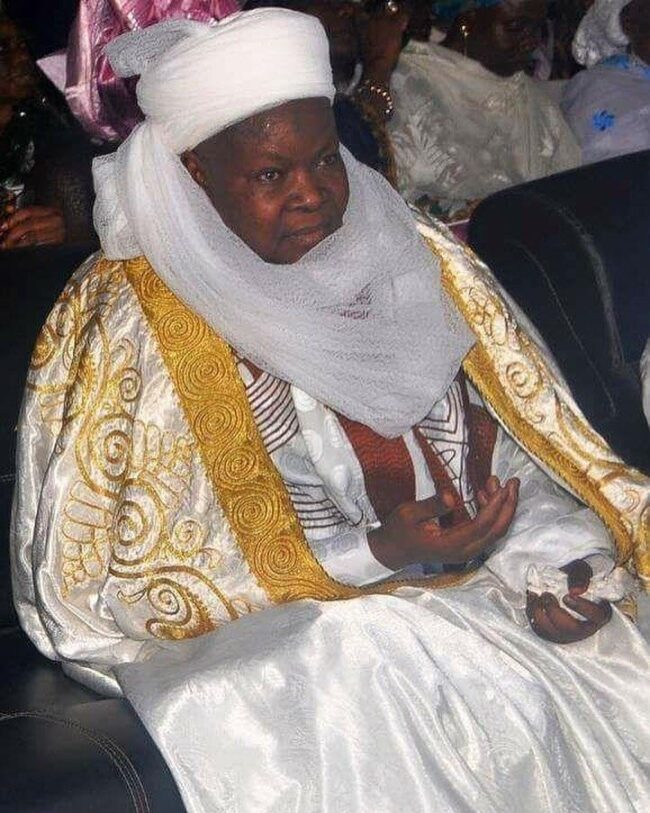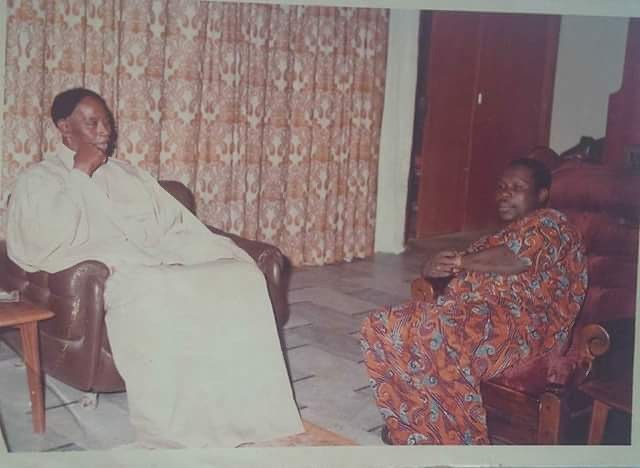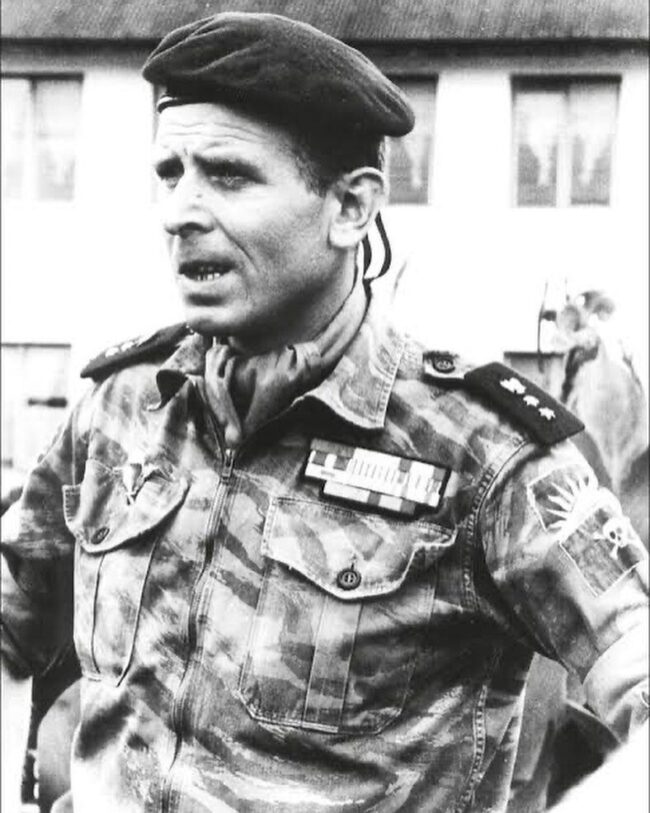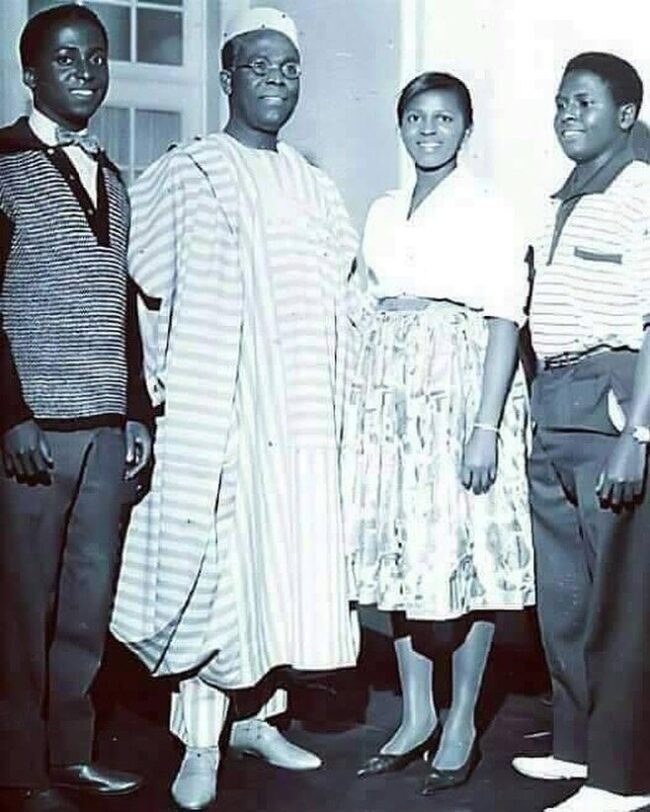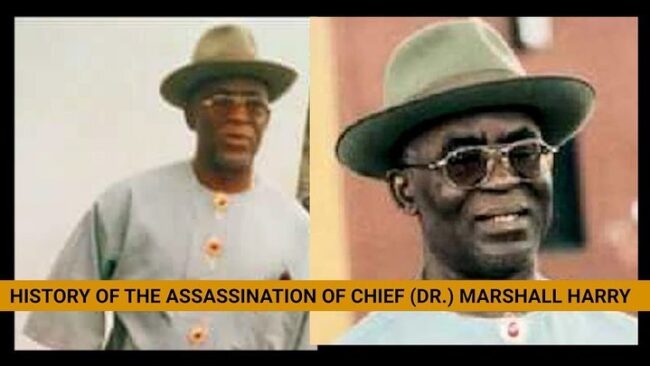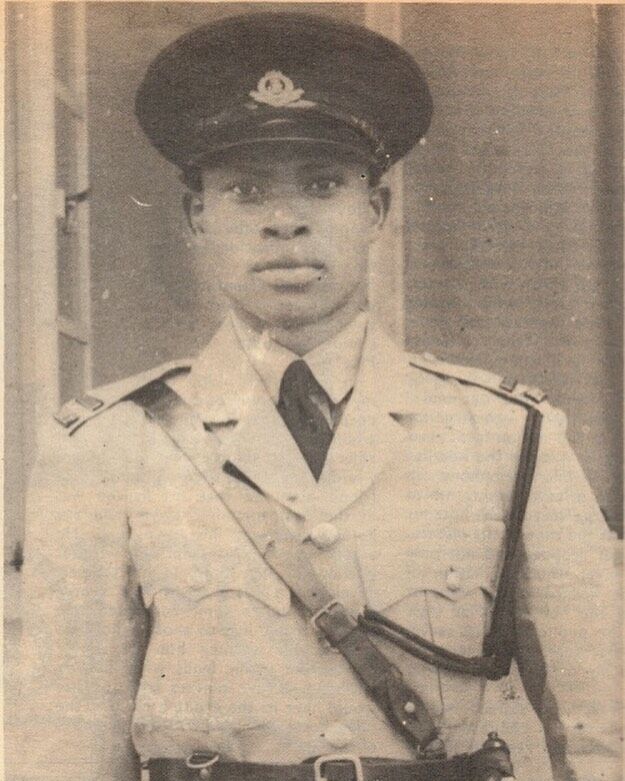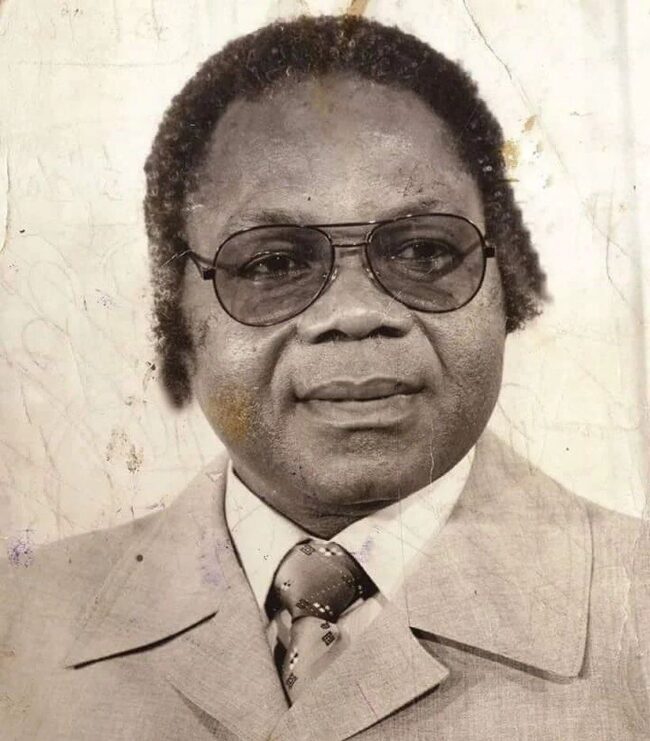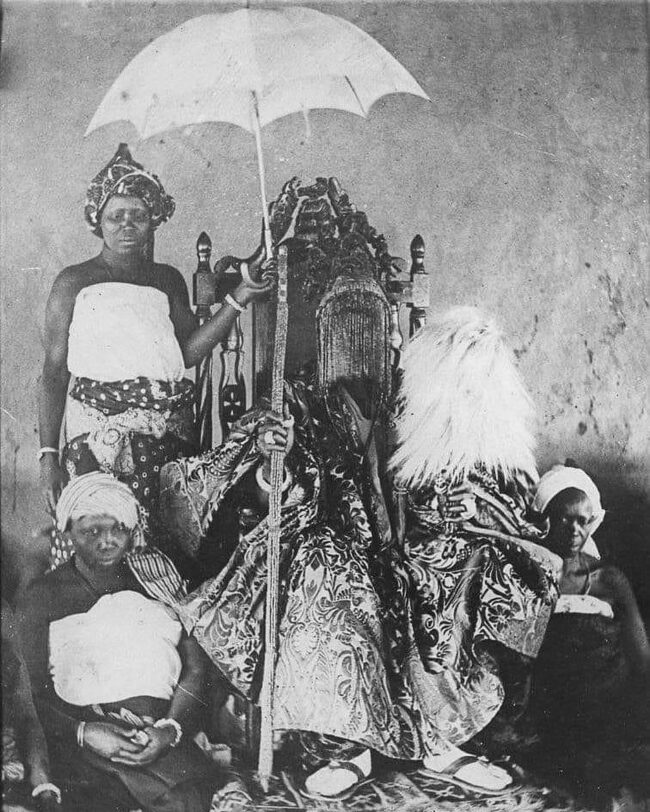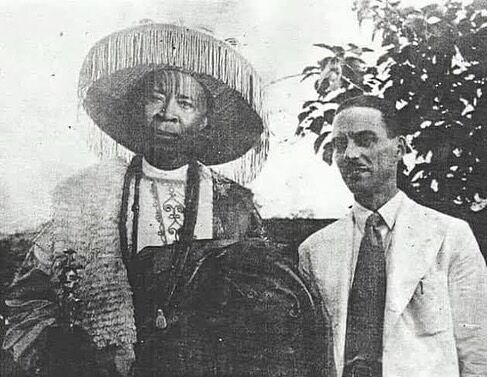Biography of Aare Azeez Arisekola Alao and Asset Allocation After His Death
Former Aare Musulumi of Yorubaland, Edo, and Delta, Aare Arisekola Alao was a well-known philanthropist and public person who was well-known for his substantial economic endeavors and contributions to the Muslim community. Following his death, there was a great deal of curiosity and conjecture about the division and administration of his vast holdings. Aare Arisekola Alao was the son of Alhaji Abdur Raheem Olatunbosun Olaniyan Alao and Alhaja Rabiatu Olatutu Abegbe Alao of Ajia in the Ona Ara Local Government Area of Oyo State. He was born on Valentine’s Day, February 14, 1945. He attended St. Luke’s School in Adigun for his primary schooling, and then ICC Primary School in Igosun, both in Ibadan. At first, Alao was happy with the Islamic education he began at the age of three and had no interest in pursuing a Western education. But in the end, he decided to pursue formal education thanks to Mr. J.O. Oladejo, a teacher, who persuaded him repeatedly. He took the entrance exams for two prestigious schools, Lagelu Grammar School in Ibadan and Christ School in Ado-Ekiti, after completing his primary schooling in 1960. He placed third in the race for admission to Lagelu Grammar School despite being the top applicant in the Christ School exam. But even with his intelligence, he was unable to continue his western education because of his parents’ low income—peasant farmers. However, his solid Islamic education and unwavering determination made up for his lack of a western education. Encouraged to pursue a better life, Alao entered the corporate world with commendable traits including cunning, assertiveness, truthfulness, aggressiveness, and a strong will to achieve. Before going it alone in 1961 and starting to sell Gammalin 20, he briefly worked as an apprentice at Gbagi Market in Ibadan under his uncle. A cunning businessman, he was about to join Imperial Chemical Industries as an agent. He didn’t even have to start his firm before he was well-known in his community and the former Western Region. He expanded his company and made extensive connections in politics and religion using the platform. In 1980, the Muslim Ulamah in Yoruba land bestowed upon him the title of Aare Musulumi of Yorubaland due to his commitment in and support of religious matters. Alao was a detrabilized Nigerian who welcomed individuals from all racial and religious backgrounds. Always encouraging of others’ aspirations, Alao helped others realize their dreams by founding the Pa Raheem Alao Scholarship Foundation to benefit underprivileged university students. This was done in spite of the fact that his own desire of receiving a western education was dashed. He was one of the principal backers and co-founder of Barakat International School, which is located in Bodija. He also held endowments in several private universities throughout the nation. A famous industrialist, he founded a plethora of companies under the Lister conglomerate that included publishing, real estate management, insurance, food production, and transportation. He engaged several people whose salaries he paid on a regular basis to build the Abdul Azeez Arisekola Central Mosque on Iwo Road in Ibadan. In addition, three Islamic professors were employed by the mosque. Alao funded the Muslim …

